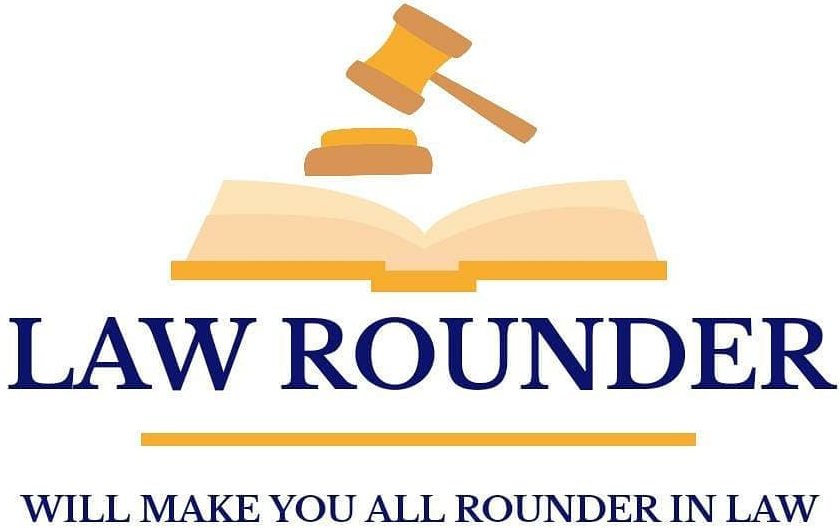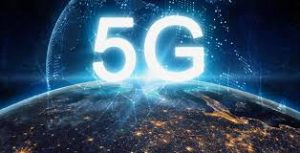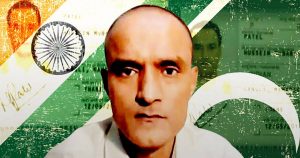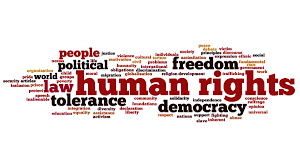
INTRODUCTION
When a person lies his blood pressure goes up, heart beats faster, he breathes more quickly and (our breathing slows down once the lies has been told), and changes take place in our skin moisture. A polygraph charts these reactions with pens on a moving strip of paper…. The results are pointed lines that don’t convey a lot to you. But a polygrapher or examiner can tell from those mechanical scribbles whether or not you’ve spoken the truth.
– Polygrapher Chris Gauges
Polygraph test is just a scientific interrogation of a victim, not every lie involves emotion but those may cause a special problem for the Liar, because whenever emotions change physiological changes occur without a choice, the person who is lying tends to have a higher pitched voice than a person who is speaking the truth this happens because of stress ,
The society owes a commitment to its people that justice has to be served in the state, and to know the complete truth or to analyse the potential of the statement court, forensic teams, and Government in criminal cases uses these scientific tools.
WHAT IS LIE DETECTOR / POLYGRAPH TEST?
Polygraph refers to a process in which selected physiological activities are recorded.
According to the definition of Webster’s legal dictionary “a Polygraph is a device for measuring certain involuntary bodily responses, such as blood pressure and perspiration, from which an opinion is drawn as to whether or not the person being tested is telling the truth. Also called, to some extent positively, a Lie Detector.
The problem with it is that it may yield accurate opinions in many cases, it may make nervous or confused truth-tellers, and there is no way to know exactly which results are accurate and which are not .Accordingly, Polygraph results are often excluded from the evidence under most circumstances in most jurisdictions and federal laws prohibits employers, from using the device on employees and applicant for employment”
LEGAL APPLICABILITY OF THESE TESTS IN INDIA.
Narcoanalysis, polygraph and brain finger printing tests of accused- violates Article 20(3) [1] In Selvi v. State of Karnataka[2] the accused have challenged the validity of certain scientific techniques namely, Narcoanalysis, polygraph and Brain Finger printing (BEAP) tests without their consent as violative of Article 20(3) of the Constitution. They argued that these scientific techniques were softer alternatives to the regrettable use of third-degree methods by investigators and violated right against self -incrimination in Article 20(3) of the Constitution. The state argued that it was desirable that crime. should be efficiently investigated particularly sex crimes as ordinary methods were not helpful in these cases. So, the issue between ‘efficient investigation’ and ‘preservation of personal liberty’. A three judge Bench of Supreme Court unanimously held- These tests do not fall within the scope of expression “such other tests” in Explanation of Section 53, criminal procedure Code. The protection of self-incrimination is available at the stage of investigation also and it is also available to witness. In Narcoanalysis test, a drug is given to him so that he can divulge important information. The drug is known as Sodium Pentothal- used or introduced as general anaesthesia in surgical operations. The polygraph and Brain Finger printing (BEAP) test is also known as the wave test, electric waves are introduced into the mind. The compulsory administration of the narcoanalysis techniques constitutes cruel, inhuman or degrading; treatment. Article 21 of the Constitution disapproves of involuntary testimony irrespective of the nature and degree of coercion, threats fraud or inducement used to elicit the evidence. The popular means of the terms such as ‘torture and cruel’, ‘inhuman or degrading’ treatment is associated with gory images of bloodletting and broken bones. A forcible invasion into a person’s mental process is also an affront to human dignity and liberty often with grave and long and lasting consequences. The International Conventions though not ratified by Parliament are of persuasive value since they represent an involving international consensus on the issue- Convention Against Torture and other Cruel, Inhuman or Degrading Treatment or Punishment (1984)- Regarding the contention raised by the respondents that compelling interests demands such techniques for investigation of crimes in future the court held- it is a function of the legislature to consider & make proper laws on the issue. But if such matter comes before the court, the court shall interpret the mandate of the constitutional provisions available to the citizens and apply in their favour. The court laid down the following guidelines for these tests:
- No lie detector test should be administered except on the basis of consent of the accused. An option should be given to the accused whether he wishes to avail such tests.
- If the accused volunteers for a lie detector test, he should be given access to a lawyer, medical professional, and physical as well as emotional and legal implications of such test should be explained to him by the police and his lawyer.
- The consent of the accused should be recorded by a judicial magistrate
- During the hearing before the magistrate the person alleged to have agreed should be dully represented by a lawyer.
- At the hearing the person in question should also be told in clear terms that the statements that if made shall not be confidential statement to the magistrate but will the statement have made to the police.
- The magistrate shall consider all the factors relating to the detention including the length of the detention and the nature of the interrogation.
- The actual recording of the Lie Detector shall be done by an independent agency (such as a hospital) and conducted in the presence of a lawyer.
- A full medical and factual narration of the manner of the informative received must be taken on record.
RECENT CASE LAWS.
Abhijit Ghosh v. state of NCT Delhi[3]
It was observed that even if the subject had given consent to undergo any of these tests, the test results by themselves cannot be admitted as evidence because the subject did not exercise conscious control over the responses during the administration of the test and it cannot be overlooked as adverted to elsewhere hereinabove as laid down by this Court in Sidhu Yadav @ Siddharth vs. State of NCT of Delhi[4] that just as an inculpatory statement made by an accused collected during a Narcoanalysis test cannot be made the basis for conviction in the same manner an exculpatory statement cannot be made the basis for an acquittal and it would be a futile exercise to permit the accused to undergo such test if sought by him, which verdict of this Court has been upheld by the Hon’ble Supreme Court by dismissal of SLP No.24422/2017 filed against the said verdict of this Court. Further, as laid down by this Court in Deepika Sharma vs. The State Govt. of NCT of Delhi & OR’s. [5]that even there is a polygraph test in favour of an accused, the same does not suffice to overlook the other specific evidence that has been collected by the Investigating Agency, which observations essentially apply in the present circumstances at the time of consideration of the grant or non- grant of bail.
CONCLUSION:
In present scenario the technique used by the criminals for commission of crime are very modern and complicated the predictable technique of questioning may not give fruitful results at all that’s the reason why the scientific tests like polygraph, narcoanalysis, brain mapping tests are used by the investigators when these tests are conducted with extreme and in strict supervision of the competent expert then there is no chance of violation of fundamental rights granted to citizen of India.
In India this technique has been very useful many Indian courts have solved many criminal cases In India, a good beginning was made by the Central Forensic Science Laboratory, Central Bureau of Investigation, New Delhi by providing the facility of Polygraph for the crime investigation purposes.
The tests have not been utilized in the courts. However, there is no law which forbids the use of Lie Detector. It is the humble opinion of the researcher that the scope of section 45 of the Indian Evidence Act must be made function wide enough to accept the Polygraph evidence also. Lastly in the words of Wicker of the college of Law University of Tennessee “If and when convincing evidence is produced that are reasonably reliable, scientific methods of exposing falsehoods either in or out of the court rooms are available, these methods should be promptly utilized by the legal profession”.
FOOTNOTES;
[1] Prohibition against self- incrimination
[2] AIR 2010 SC 1974
[3] 23october 2019
[4] 242 (2017) DLT 537 in Crl.M.C.1150/2017
[5] 2018 IX AD (Delhi) 244



